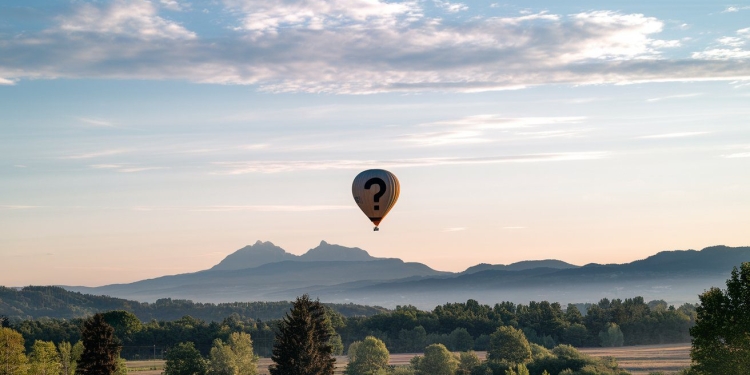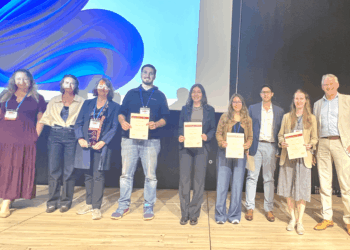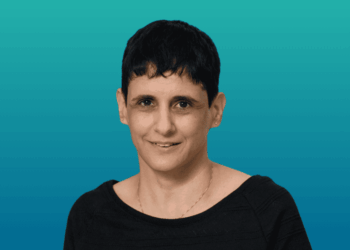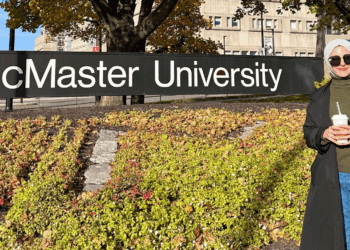I recently read the autobiography of Katalin Kariko, scientist behind the BioNTech COVID19 vaccine. Truly there is no better description of a curiosity-driven researcher. She describes her life growing up in rural Hungary, her experience as a PhD student and the challenges of moving beyond the iron curtain to the USA to pursue her passion for mRNA-based research. Had it not been for the pandemic, she may have remained a scientist of obscurity. She is driven by the pursuit of the truth, no matter how slow, regardless of funding, ignoring what’s ‘trendy’. As it turns out, she played her part in saving the world.
I’ll be honest though. I finished reading her book and felt a little bit disheartened. I am an early career oncology clinician scientist. I started my basic science PhD just before the pandemic. I finished it two weeks before giving birth to my daughter. And I didn’t recognise myself in Dr Kariko’s description of her life as a scientist. She describes a lifetime of truly working all the hours that were available, driven by her curiosity, even when she was kicked out of her lab for not having enough funding, with her husband acting as the primary caregiver for her daughter. I have a mortgage, expensive childcare, a partner with his own career in healthcare, and the competing demands of my clinical work. We have a two-income, two-career household, and we are keen to be involved in our daughter’s life by working less than full time. My experience is far from unique. Does that mean I’m doomed to fail? Does that mean I’m insufficiently curious?
I think it’s this fear that leads people like me to talk ourselves out of things before we’ve even started. We believe we won’t succeed or that we don’t belong, so we don’t try. My PhD and now postdoctoral research are focussed on the genetics of glioblastoma, a cancer where treatment options have stagnated and prognosis remains limited to 12-15 months from diagnosis. My clinical job as an oncology registrar drives my curiosity every day. Why is this patient in front of me with this problem at this time? What is the evidence behind this treatment? What remains unknown? I am probably annoyingly curious at times. But I believe curiosity becomes a habit. My glioblastoma research is fundamental basis science research, but the habit of curiosity is what keeps me asking questions, approaching collaborators and driving conversations. I put my fear aside and decide that I belong here. I plan the next experiment. I write the next project plan. I stay in the room and back myself.
My daughter is yet to form her first words, but at some point, she will start asking ‘why’. I want to inspire her to never stop. My PhD work has already challenged some established narratives in my field, which, while daunting, was the result of finding something unexpected and following my nose. The role of supportive mentors and supervisors is crucial when curiosity-driven research brings us somewhere unexpected. Just because I have other commitments doesn’t make me less curious, or indeed less dedicated. Katalin Kariko is indeed incredibly inspiring, but there is more than one way to be curious researcher. At the very least, I am determined to try doing it my way.
 About the author:
About the author:
Karin Purshouse is a Postdoctoral Clinical Lecturer and Honorary Specialty Registrar in Medical Oncology in Edinburgh, UK. Her research is focussed on glioblastoma, extrachromosomal DNA (ecDNA) and DNA damage, and translational neuro-oncology including clinical trials. You can follow her on X.
About this article
This is one of our shortlisted entries for the 2024 EACR Science Communication Prize themed around our #KeepResearchCurious campaign. Choosing a winner was incredibly difficult and we’re delighted to share our shortlist with you.
The header image of this article was created using AI.



 About the author:
About the author:



